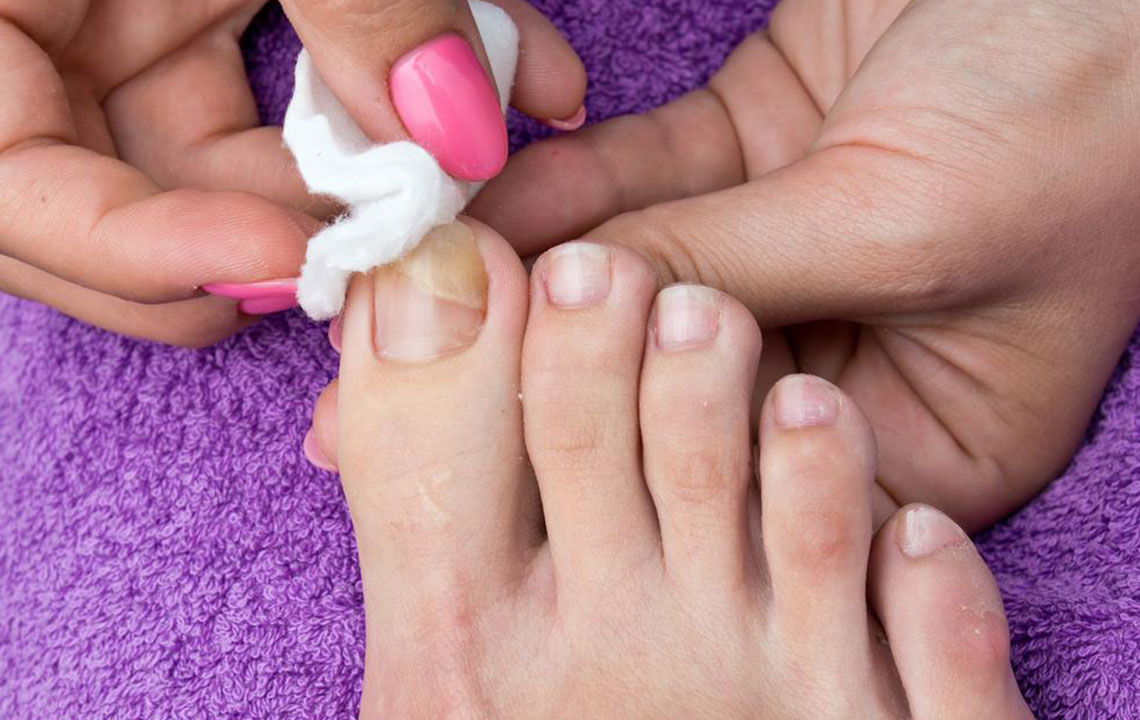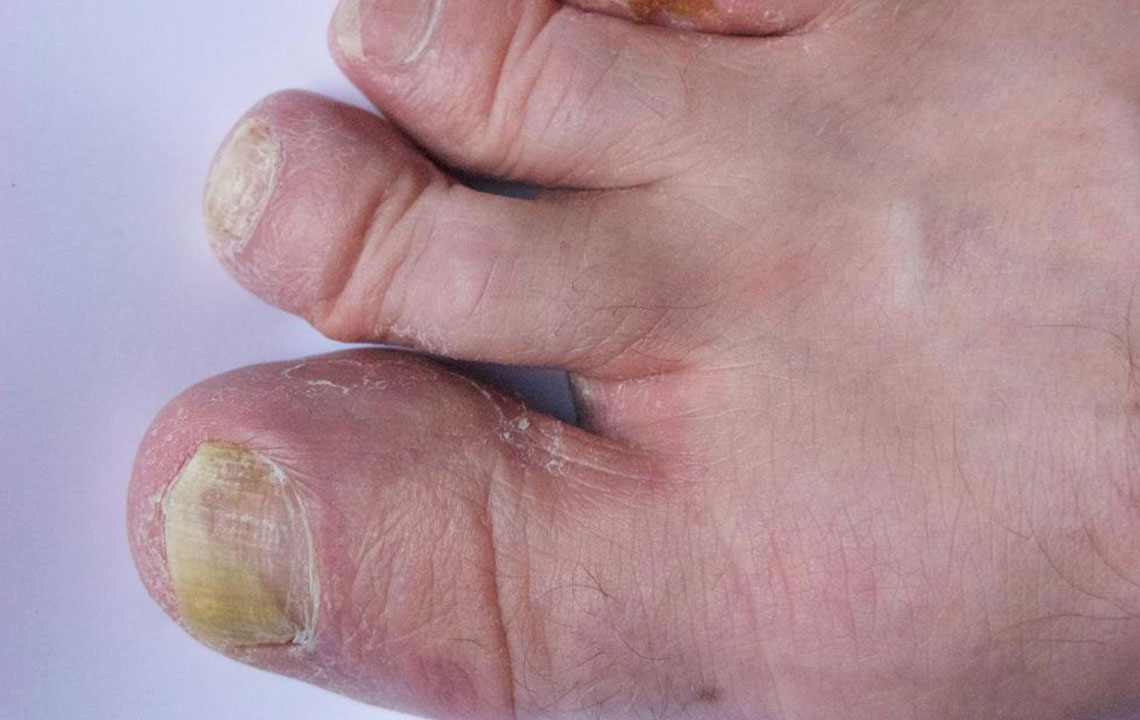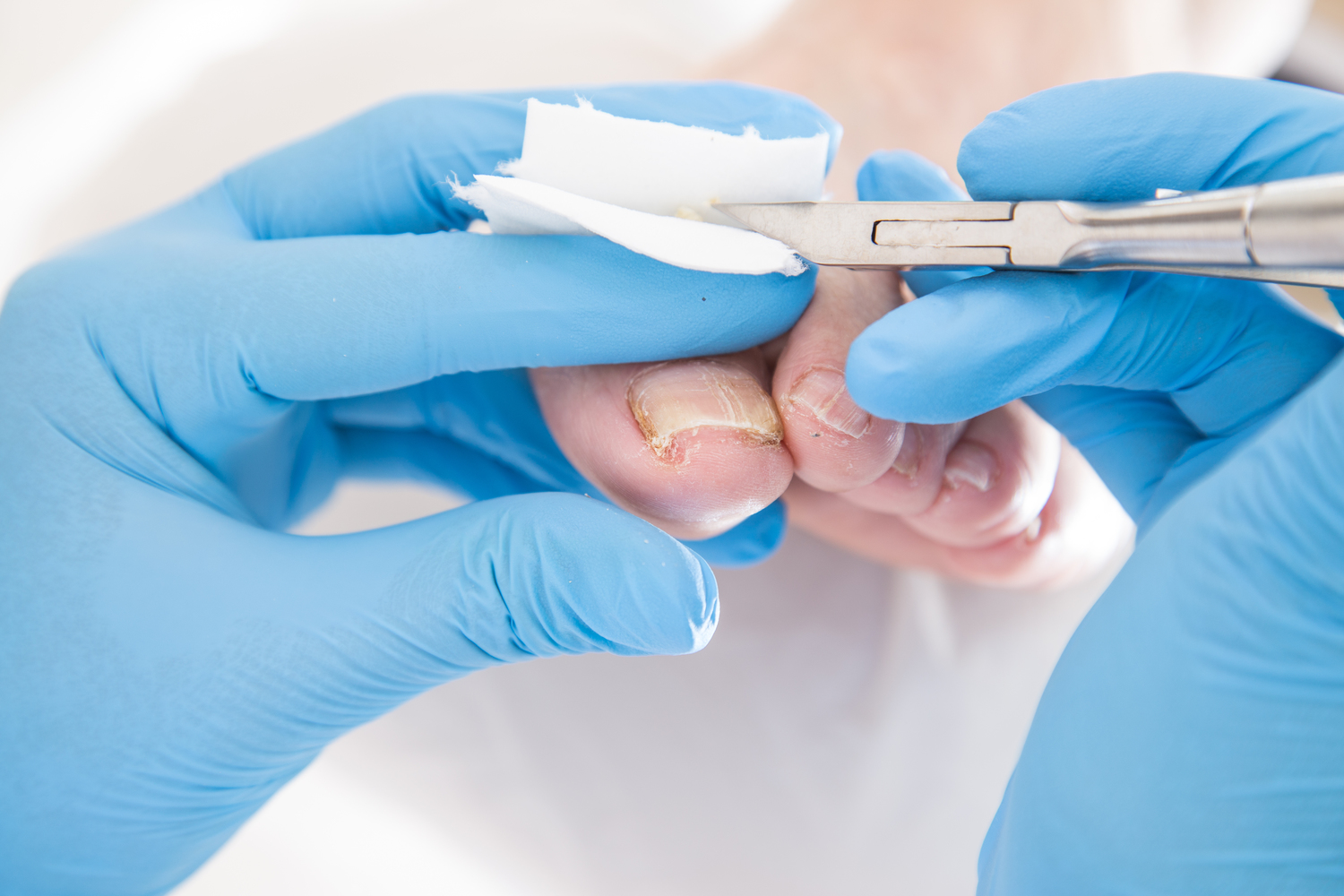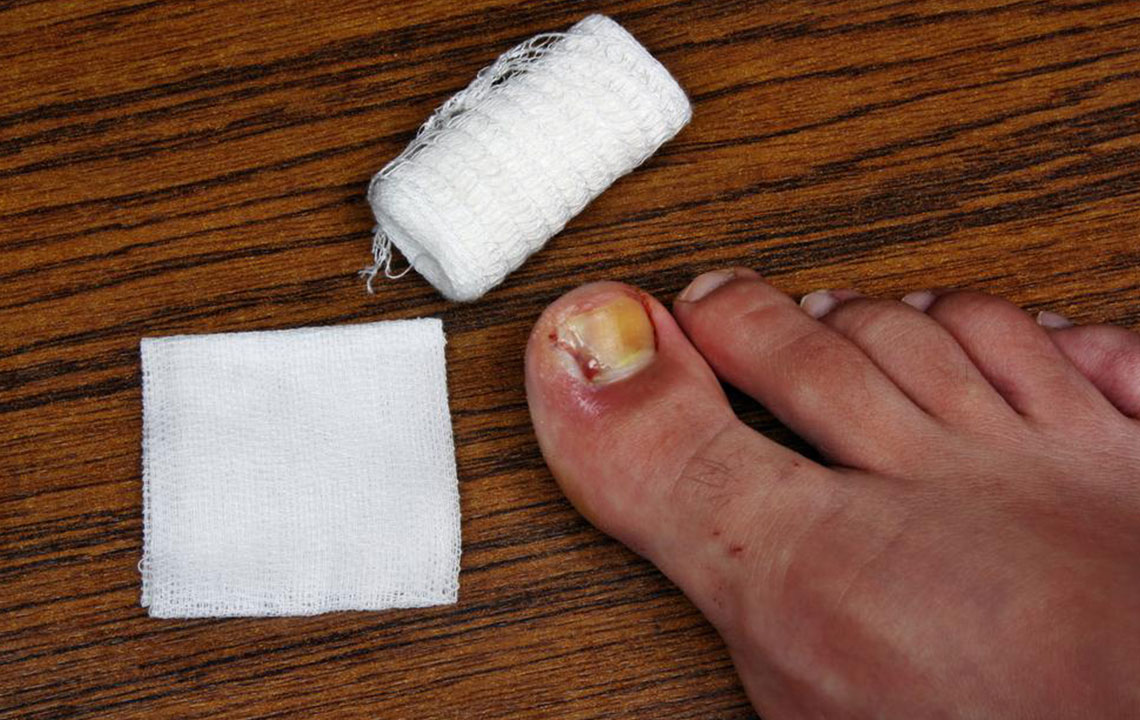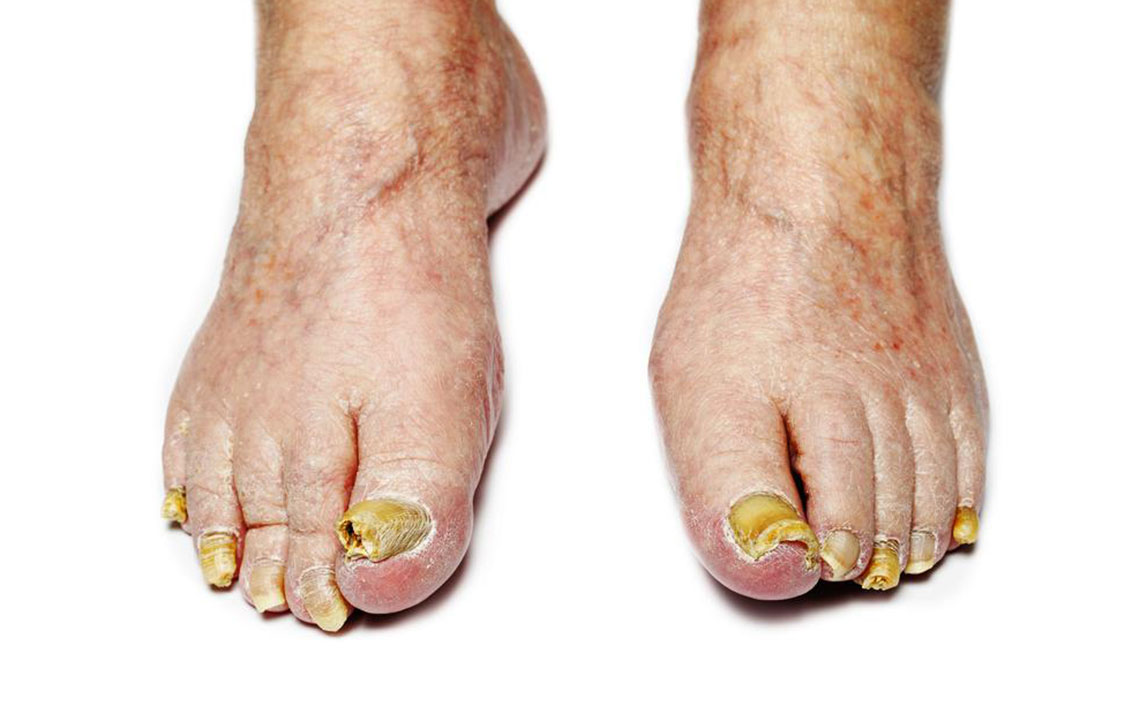Effective Strategies for Healing Toenail Fungal Infections
Discover effective methods to treat toenail fungus, from home remedies to medical options. Learn about symptoms, causes, and best hygiene practices to prevent and eliminate this common but stubborn infection. Early treatment and proper care are essential for rapid recovery and avoiding complications.
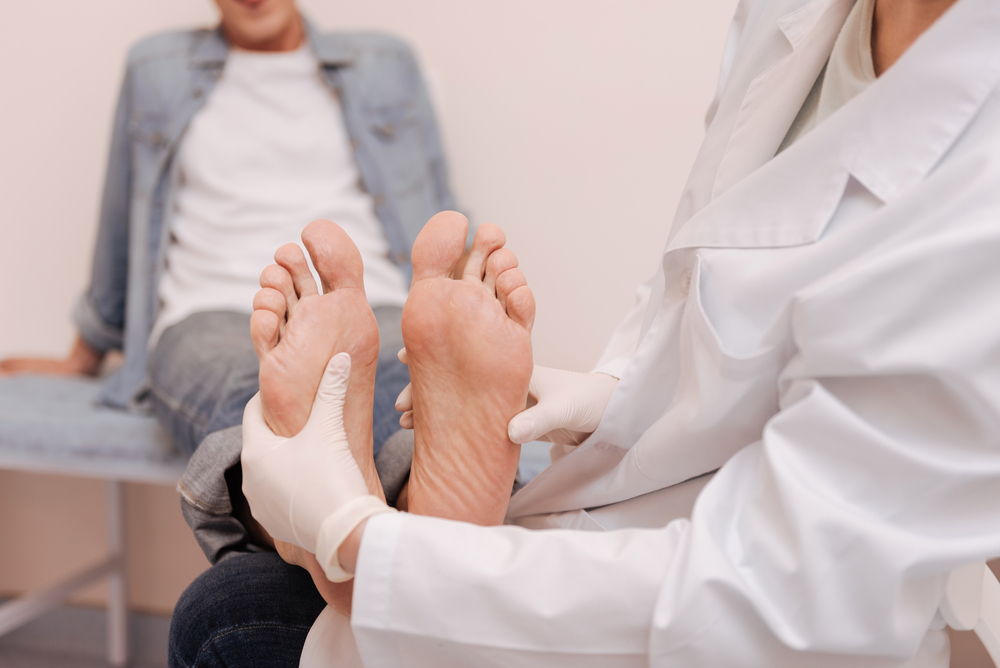
Effective Strategies for Healing Toenail Fungal Infections
How to effectively treat toenail fungus
Many neglect toenails, considering their health minor. However, toenail fungus might seem trivial but can lead to serious health issues if ignored. Recognizing the early signs is crucial, as untreated infections can cause severe discomfort, making walking painful.
Signs of toenail fungus
Toenail infections often present as discoloration—yellow or brown patches—and thickening of the nail. The shape may become distorted, and the nail can become brittle and foul-smelling. Due to its contagious nature, strict hygiene is vital.
The infection is caused by dermatophytes, fungi that invade the nail's deeper layers, weakening and thickening it. As the fungal growth progresses, pain and difficulty walking increase. It’s highly contagious, spreading through shared footwear or towels, and molds or yeasts can also cause similar infections. If left untreated, toenail fungus can spread, leading to more serious health risks, especially for those with weakened immune systems or underlying conditions.
Common causes include a compromised immune system, walking barefoot in damp places like pools, aging nails, poor circulation, and diseases like diabetes. High blood sugar levels provide an environment conducive to fungal growth, complicating recovery.
Methods to treat toenail fungus
Home care: Use antifungal ointments, wash feet with warm water daily, and keep nails trimmed. These simple steps can help reduce symptoms and fight infection.
Medical consultation: When OTC remedies fail, visit a healthcare professional. They may prescribe oral antifungal medications, medicated nail polishes, or creams. Treatment might last over a year but is effective in eradicating the fungus.
Hygiene practices: Keep feet clean, change socks daily, especially if prone to sweating. Avoid sharing nail tools or footwear, and opt for antifungal creams and pills to accelerate recovery. Prevention remains the best approach to avoid persistence or recurrence.
Taking proactive steps to prevent toenail fungus is essential, as complete recovery can be challenging once infected. Remember, prevention is always better than cure.

